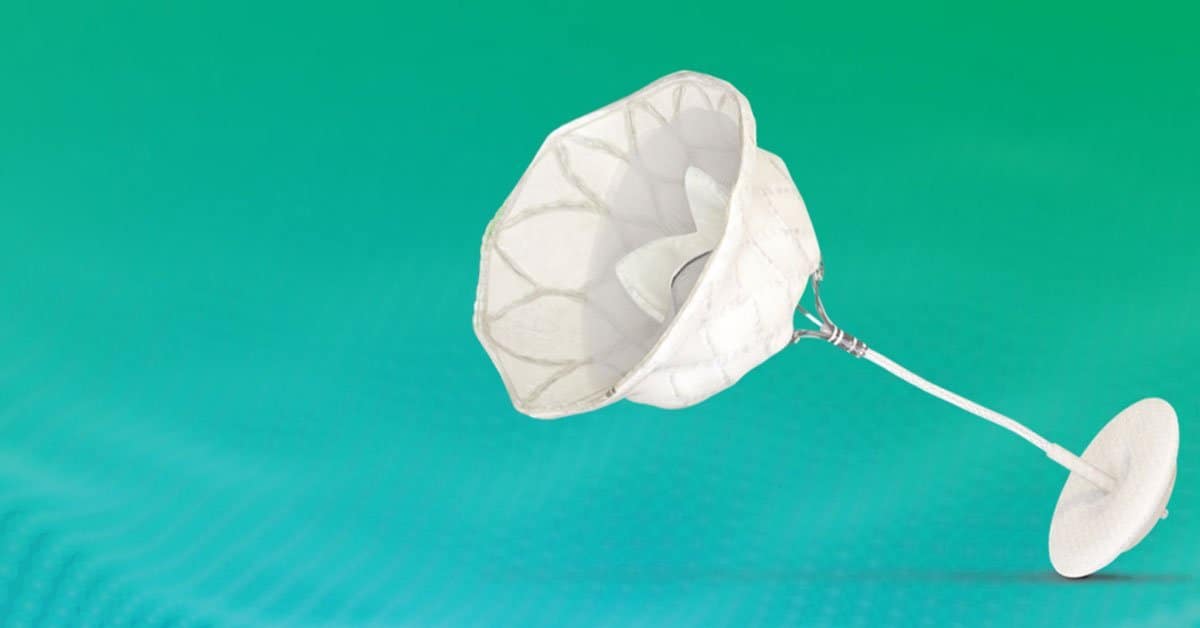What do you do when a blockbuster drug drives up your revenue and market cap to unprecedented levels? If you’re Novo Nordisk, you take that capital and expand your cardiovascular drug pipeline by acquiring ocedurenone from KBP Biosciences for $1.3 billion.
- Ocedurenone is a late-stage oral non-steroidal mineralocorticoid receptor antagonist (nsMRA) that has “best-in-class” potential for uncontrolled hypertension
- It’s also viewed optimistically for treating other cardiovascular and kidney diseases
Ocedurenone has nine trials to support this optimism, including…
- The BLOCK-CKD Phase 2b trial, in which ocedurenone significantly improved systolic blood pressure among patients with stage 3b/4 CKD and uncontrolled hypertension, without reports of hyperkalemia or acute kidney injury
- The ongoing CLARION-CKD phase 3 trial, which evaluates the same patient groups and outcomes across a larger multi-site study population
Novo Nordisk expects to launch additional phase 3 trials in the coming years evaluating ocedurenone’s impact on cardiovascular and kidney diseases, as it seeks to “maximize” the drug’s “full potential.”
- That combination of indications would position ocedurenone as a rival to Bayer’s nsMRA, Kerendia, which currently has FDA approval for kidney disease, but has shown benefits for hypertension and CVD.
The acquisition also closely aligns with Novo Nordisk’s strategic focus on leveraging its semaglutide windfall to expand to new serious chronic disease treatments (beyond its core focus on diabetes).
- Novo Nordisk’s other recent acquisitions looked to bolster its leadership in the weight loss segment, including Danish startup Embark Biotech and Canadian biotech Inversago Pharma in August.
The Takeaway
Semaglutide has been very good to Novo Nordisk, driving a nearly 90% market cap increase in the last year, and setting the stage for 32% to 38% in 2023 revenue growth. Novo Nordisk’s semaglutide party won’t last forever, but this acquisition strategy suggests that it will have a full chronic disease drug pipeline when that day comes.





